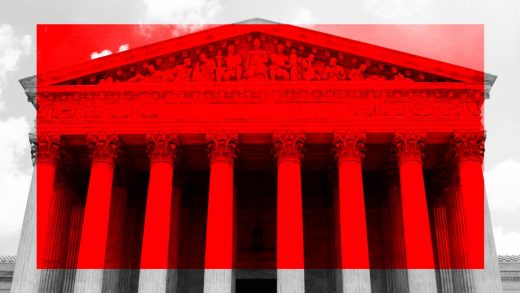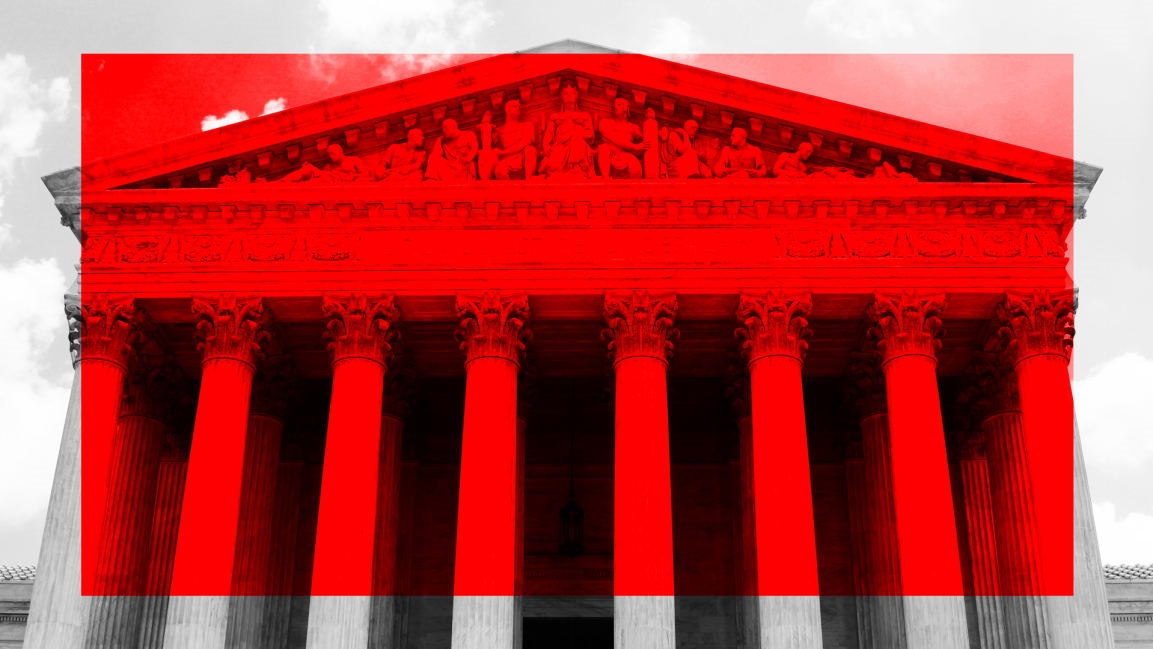Why the Supreme Court says Booking.com can trademark its name—and why it matters
The U.S. Supreme Court ruled Tuesday that Booking.com, the online travel reservation site, can get a trademark for its name.
The Patent and Trademark Office had wanted to deny the trademark, saying that Booking.com is just a generic term for a travel reservation—booking—with dot-com attached. Generic terms, which just name something being sold, can’t be trademarked, a rule that makes sure nobody can get a monopoly on using words such as “hardware” or “wine” in a store name.
But in an 8-to-1 ruling—Justice Stephen Breyer was the dissenter—the court found that just because a word itself is generic, a web address that uses it doesn’t have to be. In this case, survey data found people see Booking.com as referring to a specific brand, not a generic type of service.
“Thus, if ‘Booking.com’ were generic, we might expect consumers to understand Travelocity—another such service—to be a ‘Booking.com,’” wrote Justice Ruth Bader Ginsburg in the court’s opinion. “We might similarly expect that a consumer, searching for a trusted source of online hotel-reservation services, could ask a frequent traveler to name her favorite ‘Booking.com’ provider.”
After all, a big purpose of trademark law is to keep consumers from being misled and make sure people are actually getting goods and services from who they think is selling them. And since consumers see Booking.com as a distinctive brand, it’s entitled to a trademark to prevent other companies from using its name, according to the ruling.
“That should resolve this case: Because ‘Booking.com’ is not a generic name to consumers, it is not generic,” Ginsburg wrote.
The Patent and Trademark Office and others, including the Electronic Frontier Foundation, had warned that allowing the trademark registration could imperil other travel businesses that used the word “booking” in their domain names.
But, the court found, trademark law already takes that into account, with fewer protections for largely descriptive trademarks such as Booking.com than for unique names such as Kodak, and Booking.com acknowledges that’s the case, according to the opinion.
(24)



